Navigating IT Security on a Global Scale
The latest edition of Freedom House’s annual review of restrictions on free speech as it pertains to the Internet was released last week – see “Freedom on the Net 2015” at https://freedomhouse.org/report-types/freedom-net.
This report surveys the degree that nations allow free access and free expression using the Internet and score each country. The most “free” nation in this sense is Iceland followed closely by Estonia, and the least free nation reviewed was China, just beating out Iran and Syria for that dubious honor. The US is ranked 6th overall.
The report is worth reading, because it opens up issues faced by citizens of other countries that we in the US do not really worry about at all. Some of the shifting trends described in the report are:
- Censorship – how governments are shifting their tactics from outright blocking to more direct demands for content removal, enforcing compliance directly with companies that want to do business in the country and punishing the content creators when they cannot restrict a company from hosting content outside the country.
- Surveillance – Surveillance is increasing even in “free” countries, and it is becoming a necessity for most countries, or so it seems.
- Stigmatizing encryption – Some governments have begun taking the presence of encryption to be an attempt to hide and therefore punishable.
- “Right to be forgotten” – this term has to do with a person’s ability to hide links to content from the search engines when it is no longer accurate or relevant, etc.This topic will likely see a lot more clarity over the next few years as companies and governments set better standards of conduct.

